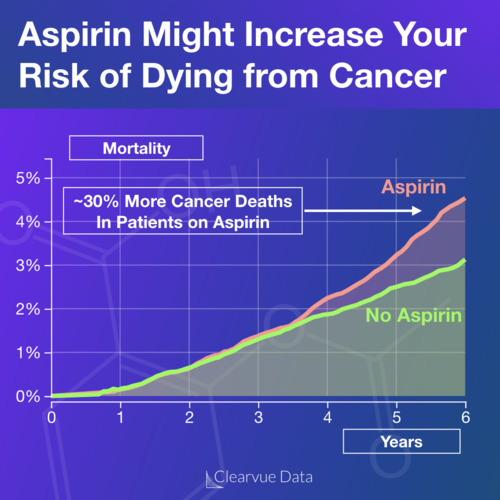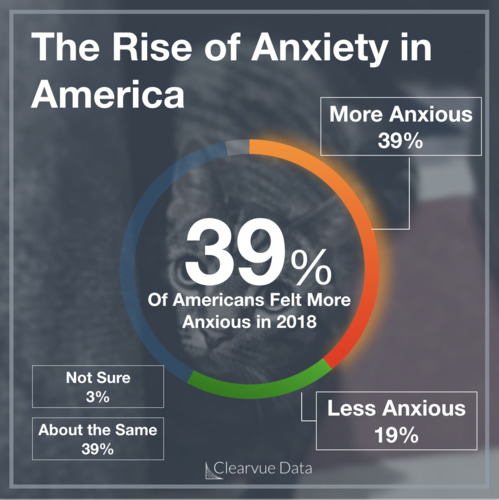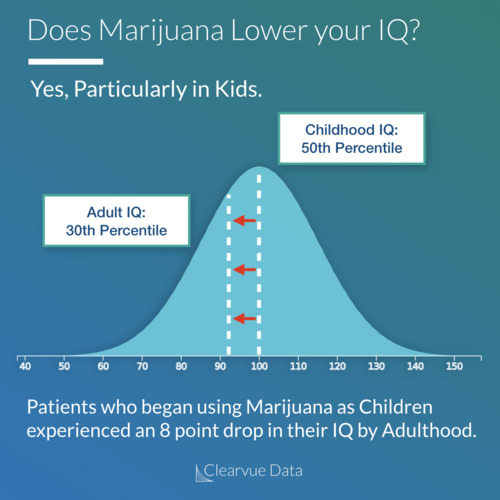Usually, doctors don’t involve themselves in school politics, and medical journals like JAMA Pediatrics don’t publish on education.
But, sleep is different, it’s critical to a student's health and development.
Getting enough sleep is important for everyone, but it’s particularly important for kids.
The American Academy of Pediatrics, the professional organization of American pediatricians, has been very clear on the importance of sleep in teenagers:
"Not getting enough sleep is common among high school students and is associated with several health risks including being overweight, drinking alcohol, smoking tobacco, and using drugs, as well as poor academic performance."
-American Academy of Pediatrics
In one of the first studies to date on this topic, 201 students in a Rhode Island private school agreed to participate in a study examining the effects of delaying school start times on sleep and wellbeing.
Normally, we only report on randomized controlled trials, the gold standard of medical research, however given the importance of this topic, the strength of the data, and the fact that this is not a drug trial, we felt that this data was acceptable to feature in clearvuehealth.
The students were surveyed before and after the school changed the start of the school day from 8:00AM to 8:30AM. While this was not a dramatic change in scheduling, it led to significant changes in sleep and wellbeing. Here is what they found:

Kids reported an average of 45 more minutes per night, which is a pretty significant change in and of itself. But, more importantly, the number of kids getting the recommended 8+ hours of sleep increased from 16% to 55%, a 39 percentage point increase.
Similarly, the percent of students facing sleep deprivation, getting less than 7 hours of sleep per night, fell from 34% to 7%, a 27 percentage point drop.

The students in the study also felt significant improvements in their overall well being. Students were surveyed on a number of measures of well being before and after the school time change.
Dramatic improvements were seen in their daytime sleepiness, tiredness, and unhappiness. Students were clearly feeling much better after the 30 minute delay.
Based on these striking findings, Dr. Owens and her team conducted a second study in another school in 2014 and found consistent results. Similar to the first study, a 25 minutes delay in school start time led to a significant 29 minute increase in reported sleep and increased the number of students getting enough sleep from 18% to 44%.
This was then extended an even larger study covering over 2000 students and 19 schools in 2017, in which some schools shifted to later start times others advanced to earlier start times.
As expected, not only did students in schools that delayed their start times later by 50 minutes experience a 30 minute increase in sleep time, students in schools that adopted earlier start times lost an average of 15 minutes of sleep.
Based on these data and similar results, top medical organizations are nearly unanimous in their support for later high school start times as it is a matter critical to students' health.

The best thing we can do is to make our voice heard, as students, as parents, and as health advocates. School policy can be difficult to change, but it can be done. Schools around the country are slowly getting with the program and delaying their start times for the sake of their students' health and wellbeing.
We have also compiled some advice, backed by science, for better sleep in students:









